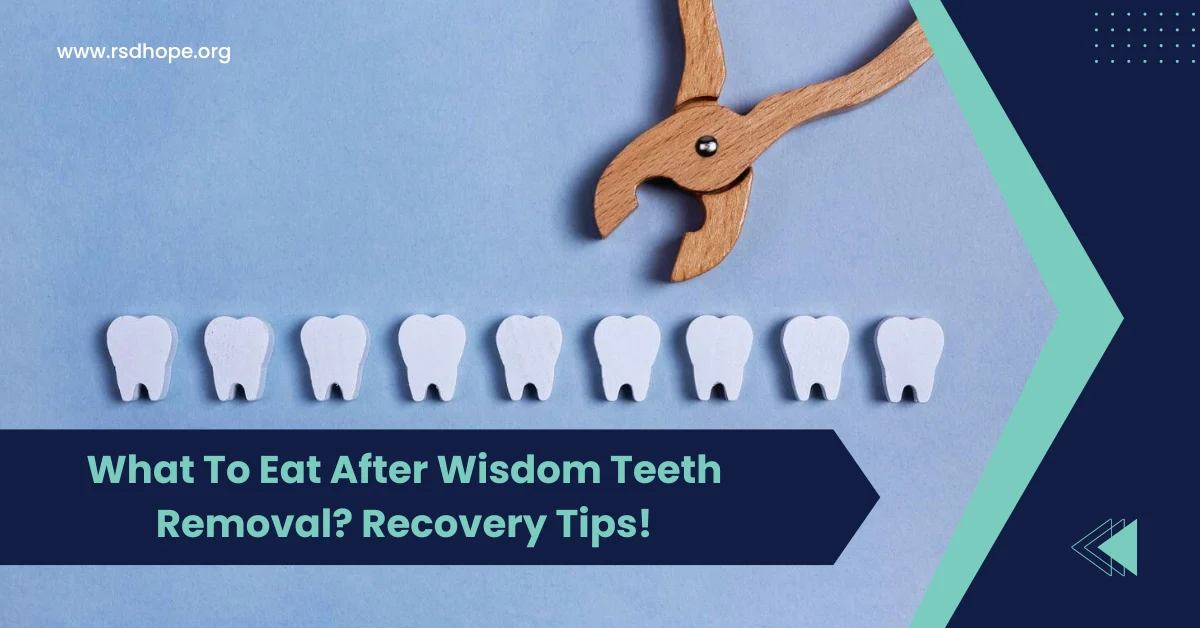Wisdom teeth removal is a common dental procedure that involves extracting one or more of the third molars located at the back of the mouth. These teeth often need to be removed when they cause pain, crowding, or other dental problems. After the surgery, it’s crucial to pay attention to your diet to promote healing and avoid complications.
Key Takeaways
- Eat soft, easy-to-chew foods during the initial recovery period.
- Avoid hard, crunchy, or spicy foods that can irritate the surgical site.
- Gradually transition back to a normal diet as healing progresses.
Understanding Wisdom Teeth Removal
Wisdom teeth removal is a surgical procedure performed by a dentist or oral surgeon. It typically involves making an incision in the gum tissue to access the tooth, removing any bone blocking the tooth, and then extracting the tooth itself. The procedure is usually done under local anesthesia, sedation, or general anesthesia, depending on the complexity of the case and the patient’s preferences.
Common reasons for wisdom teeth removal include:
- Impaction (when the tooth is stuck under the gum or blocked by other teeth)
- Crowding or misalignment of other teeth
- Decay or gum disease around the wisdom tooth
- Pain or discomfort caused by the wisdom tooth
Potential risks and complications of wisdom teeth removal include:
- Pain, swelling, and bleeding
- Infection
- Dry socket (when the blood clot in the socket dissolves or dislodges)
- Nerve damage (rare)
Also Read: How To Stop Sensitive Teeth Pain Immediately: Top 10 Reasons And Remedies
What to Eat After Wisdom Teeth Removal
After wisdom teeth removal, it’s essential to stick to a soft food diet to avoid irritating the surgical site and promote healing. Some recommended foods include:
- Mashed potatoes
- Yogurt
- Smoothies (without seeds or chunks)
- Blended soups
- Scrambled eggs
- Soft pasta
- Cottage cheese
- Pudding
- Applesauce
- Soft-cooked vegetables
Maintaining a balanced diet with adequate nutrition is crucial for proper healing. Make sure to include a variety of soft foods that provide protein, vitamins, and minerals.
How Soon Can You Eat Normally After Wisdom Tooth Extraction?
The timeline for transitioning back to a normal diet varies depending on individual healing progress. Generally, patients can start incorporating slightly firmer foods a few days after surgery, as long as they feel comfortable doing so.
Factors that may affect the healing process include:
- The complexity of the extraction
- The number of teeth removed
- The patient’s overall health
- The patient’s adherence to post-operative instructions
As a general guideline, most patients can resume a normal diet within a week after wisdom teeth removal. However, it’s essential to listen to your body and avoid foods that cause pain or discomfort.
What Food and Drink Should You Avoid After Wisdom Teeth Removal?
During the recovery period, there are certain foods and drinks that should be avoided to minimize the risk of complications. These include:
- Hard, crunchy foods (e.g., chips, nuts, raw vegetables)
- Spicy foods
- Acidic foods and drinks (e.g., citrus fruits, tomato-based products)
- Carbonated beverages
- Alcohol
- Hot drinks (can cause burns and dissolve blood clots)
These items can irritate the surgical site, cause pain, and increase the risk of infection or dry sockets. Stick to soft, bland foods until your mouth has healed sufficiently.
What Habits to Avoid After Wisdom Tooth Surgery
In addition to avoiding certain foods, there are habits that should be avoided to promote proper healing:
- Smoking (can delay healing and increase the risk of complications)
- Using straws (can dislodge blood clots and cause dry sockets)
- Vigorous rinsing or spitting (can disrupt blood clots and cause bleeding)
- Strenuous exercise (can increase swelling and bleeding)
Follow your dentist’s or oral surgeon’s post-operative instructions carefully to minimize the risk of complications and ensure a smooth recovery.
Conclusion
After the wisdom teeth removal, it’s crucial to pay attention to your diet and habits to promote proper healing. Stick to soft, easy-to-chew foods during the initial recovery period, and gradually transition back to a normal diet as healing progresses. Avoid hard, crunchy, spicy, or acidic foods, as well as habits like smoking and using straws. By following these guidelines and your dentist’s instructions, you can ensure a comfortable and successful rqsecovery.
Read More: How To Relieve Pain After Teeth Cleaning? A Comprehensive Guide
FAQs
A: Recovery time varies, but most people can resume normal activities within a few days to a week after surgery.
A: Avoid brushing the surgical site for the first 24 hours. After that, gently brush your other teeth, taking care not to disturb the wound.
A: You can typically start eating slightly firmer foods a few days after surgery, but it’s best to listen to your body and avoid foods that cause pain or discomfort.
A: Contact your dentist or oral surgeon immediately if you experience severe pain, excessive bleeding, or signs of infection, such as fever or swelling.

